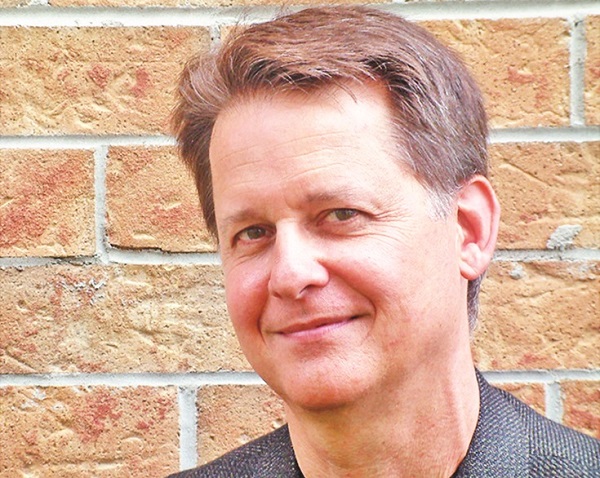Archive
Blast survivors “hopeful” as military ombudsman takes on investigation for Valcartier cadets
August 6, 2014 · 0 Comments

By Brock Weir
It is an anniversary which Aurora resident Gerry Fostaty has marked privately for all but a handful of times, but this year was different.
It was the 40th anniversary of a grenade blast which changed his life, and the lives of many of his fellow cadets, in ways they couldn’t even imagine. But many of the survivors of a 1974 grenade explosion at CFB Valcartier, the result of a live piece of ammunition finding its way into a box of dummies for a routine training exercise, gathered at the scene last week with more hope and a sense of “legitimacy” than they have had in any year since.
The local author was a cadet leader when one of the kids pulled the pin on the grenade, sure in the knowledge it was a blank. As a result, six cadets were left dead and over 50 injured and, in the aftermath, were left practically on their own to deal with the resulting trauma.
In the intervening years, Mr. Fostaty has become a vocal advocate not just for persons living with Post Traumatic Stress Disorder (PTSD), but for getting firm answers and support for survivors – both physical and psychological – from the Ministry of Defence.
He was on hand at Parliament Hill last fall when hope came in the form of NDP MPs Nycole Turmel and Jack Harris, who took up the cause pressing Defence Minister Rob Nicholson to authorise his Ministry’s ombudsman to investigate the case. After mounting pressure, and petitions, the Ministry gave its thumbs up earlier this year, and representatives from the Department were on hand at last week’s memorial to ask questions of those who were there.
“The Ombudsman’s representatives were there on site and they were questioning a lot of the folks that were there,” says Mr. Fostaty. “They were really concerned with everything that happened post-explosion, so they really wanted to know how the cadets were being treated afterwards. The path of the grenade on the way to the cadets was already established through the previous inquest, but now they want to know how the cadets were treated afterwards and the implications of their lives post-blast, all the years afterward.”
Mr. Fostaty has spoken of an attitude of “business as usual” being the order of the day post-blast, and also a veil of near-secrecy which did not provide the support the cadets needed at the time. Now that the Federal Government has formally acknowledged the blast for the first time this year, Mr. Fostaty says it has taken the incident “out of the realm of urban legend” into history.
“I think it is now easier for the boys,” he says, noting he has heard many stories of people trying to explain what happened and being met with disbelief and contradiction. “Now that the government has acknowledged it on paper, they can at least have that to back them up. It legitimizes it and the feeling is very hopeful that things can go forward.”
Whether or not it is difficult or cathartic to talk about on this milestone year, with an added piece of legitimacy behind them, it is hard for Mr. Fostaty to say. But, what he found interesting in this latest reunion was hearing stories from his comrades he had not heard before. Now that the questions are being asked, a more complete picture is coming into focus, along with other little bits to help “complete this puzzle.”
“Hopefully that will do something,” he says. “We are all very positive and all very hopeful that something will come from this. I think people are rather shy about [what they would like to see as the outcome of the report]. Outwardly, I think people want to see that their friends are taken care of. I think people are shy to say that they want themselves to be taken care of as well.
“We’re talking about support, medical support, psychological support, and that is really, really important. That is hopeful, the guys are hopeful, and they are all really looking forward to the same thing I am, and that is getting them the support they need. People are hopeful and at the same time they are keeping a skeptical eye on it because people have said positive things before, but now things are official. Once the ombudsman picks it up, they can’t drop it. They have to take it to the finish.”











